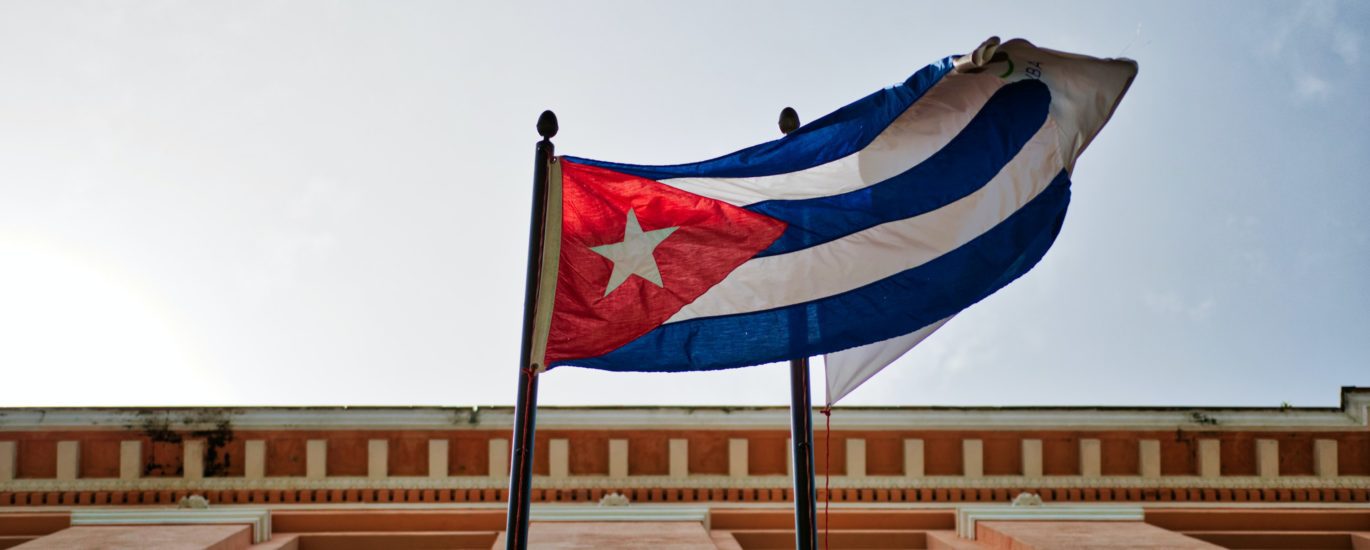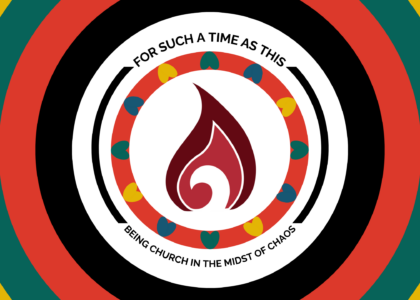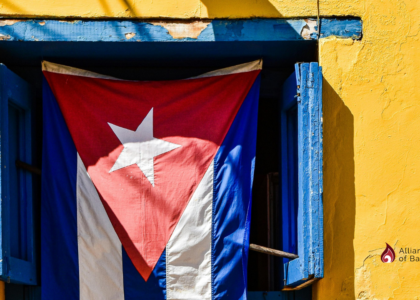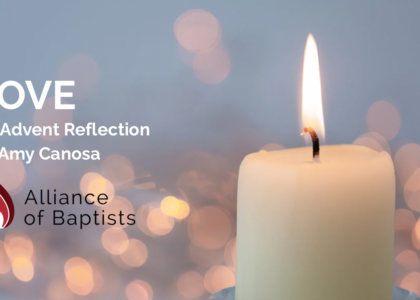By Stan Hastey
A seemingly unlikely subject is taking on unexpected importance in this year’s U.S. presidential election – the actual state of religious liberty in our island neighbor Cuba. Nowhere is this clearer than in Florida, where more than 1.5 million Cuban Americans reside among an estimated 14 million registered voters.
Underscoring President Trump’s focus on those voters was the showcasing of fiercely pro-Trump speakers during last week’s Republican National Convention in Washington. One of these, Jeanette Núñez — Florida’s first female Cuban American lieutenant governor — began her remarks by noting that her parents fled Cuba shortly after Fidel Castro seized power in 1959 “when the Castro regime abolished religious freedom.” She was but the first convention speaker to condemn the Cuban government for suppressing religious freedom on the island.
Núñez, an early and enthusiastic supporter of U.S. Senator Marco Rubio (R-Fla.) in his unsuccessful bid for the 2016 Republican presidential nomination, at the time called Donald Trump “the biggest con-man there is.” Among the reasons she cited was fear that Trump’s business background as a hotel developer might translate into his continuing Barack Obama’s partial opening of commerce with Cuba.
Like many other ardent opponents of their homeland’s continuing commitment to socialism, Núñez changed her mind, when soon after his inauguration Trump reversed Obama’s initiatives in Cuba and imposed the strictest controls yet on U.S. and third-country business dealings there.
With specific reference to issues of religious liberty in Cuba, the Trump administration further solidified its support among hardline Cuban Americans when Secretary of State Mike Pompeo last December placed Cuba on a Special Watch List “for having engaged in or tolerated severe violations of religious freedom.” The action was based, the State Department report stated, on allegations made by the U.K.-based advocacy organization Christian Solidarity Worldwide and dissident religious leaders inside Cuba.
While Cuba’s new constitution, which took effect in February 2019, provides for religious freedom and prohibits discrimination on religious grounds, the report contended the Cuban government has failed to honor the provisions because “the Cuban Communist Party, through its Office of Religious Affairs and the Ministry of Justice, continued to control most aspects of religious life.”
Some of the specific charges in the document are clearly one-sided, however, including the alleged prohibition of Cuban religious leaders’ ability to travel to the United States at a time when the State Department has denied the overwhelming majority of travel visa applications from mainline church representatives. Representatives of the Cuban Council of Churches are specifically banned from traveling to the U.S.
These include the current president of the conciliar body, Antonio Santana Hernández, pastor of the Fraternity (or Fellowship) Baptist Church in Matanzas, and a former president of the Fraternidad de Iglesias Bautistas de Cuba, a group of more than 100 churches and mission congregations in partnership with the Alliance of Baptists for the past three decades.
Responding directly to the State Department charges, the Council of Churches issued a detailed, five-page rebuttal this past June. “Accusing Cuba of restraining religious liberty is false and malicious,” the statement concluded. “Religious freedom in Cuba is full, real, and daily lived by hundreds of thousands of believers, leaders, pastors, families, youth, boys and girls, the elderly, people with disabilities, men and women, (who) with their faith make a better home for their families and their neighborhoods.”
The statement notes that the Council of Churches is comprised of 50 church bodies and affiliated institutions, including Orthodox, Lutheran, Reformed, Quaker, Moravian, Presbyterian, Nazarene, Pentecostal, Baptist and Episcopal churches, in addition to the Salvation Army and seminaries. Tellingly, the council also works and serves as advocate for non-member religious bodies, two of which are Baptist entities related to the Southern Baptist Convention and American Baptist Churches in the USA.
Additionally, the statement lists some 20 international entities with which the Council of Churches is connected for ministries rendered inside Cuba. These include the World Council of Churches, the National Council of the Churches of Christ in the USA, Church World Service, International Ministries of the American Baptist Churches, Bread for the World, Lutheran World Federation, Joni and Friends, and the Latin American Council of Churches, among others.
Among several specious allegations, the State Department declaration contends that prisoners in Cuba are not granted freedom to practice their faith, an accusation that is demonstrably false. Among the ministries that have spun out from the partnership between the Alliance of Baptists and the Fraternidad de Iglesias Bautistas de Cuba is a pioneering prison ministry that over the past decade has swept across the island,
Led by Francisco (Paco) Rodés, the retired pastor of the First Baptist Church of Matanzas, the prison fellowship has captured the imagination of church and state from one end of the island to the other and now includes hundreds of churches and pastors. When this ministry began, Alliance-endorsed prison chaplain Mark Siler of Asheville, N.C., spent a year in Cuba consulting with Rodés on strategies and plans to introduce prison chaplaincy on the island. Unsure in the beginning how their effort would be received by Cuban authorities, what they modeled at the start shortly thereafter gained the outright blessing of both national and provincial governments.
Besides Siler, former Alliance President Nancy Hastings Sehested is another Alliance-endorsed chaplain who has spent time in Cuba assisting the effort. Currently,
Alliance representatives Stan Dotson and Kim Christman, who reside in Matanzas, have lent their considerable talents to the prison ministry as well.
The unstated agenda of the Trump administration’s Cuba policy is to undermine churches and religious institutions that affiliate with the Council of Churches while supporting those that praise their poisonous contentions. The latter include the leaders of the Western Baptist Convention of Cuba, a body supported by the Southern Baptist Convention, some of whom are critical of their government. Yet when in trouble with authorities themselves, they turn to the Council of Churches for assistance, help that is freely rendered.
Back in the U.S., the administration’s policies are clearly aimed at Republican officials such as Núñez, the Florida lieutenant governor, and Cuban American voters in the state generally. Although Trump won a clear majority of Cuban American votes four years ago, he needs an even better result this November. As a detailed report from Bloomberg News noted several weeks ago, tens of thousands of Puerto Rican residents who fled their island in the aftermath of Hurricane Maria found their way to Florida. Puerto Ricans vote for Democratic presidential candidates in larger proportions than Cubans who vote Republican, the Bloomberg report noted.
Thus President Trump’s very real angst about Florida’s crucial 29 electoral votes. The basic math of the electoral map makes his new home state absolutely vital to a second term in the White House. To put the matter another way, if Florida goes for Biden-Harris, Trump-Pence will be all but finished.
Stan Hastey was executive director of the Alliance of Baptists, 1989-2009. For 15 years prior to his service to the Alliance, he covered the White House and Supreme Court for Baptist Press and Religion News Service.





Recent Comments